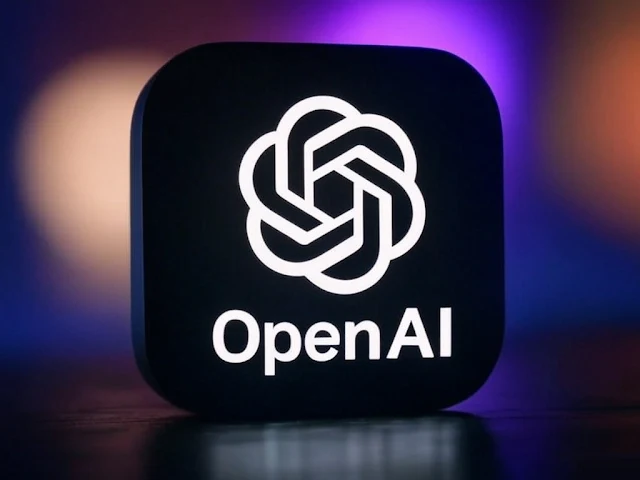OpenAI's CEO says a typical ChatGPT request now uses around 0.34 watt-hours of energy and just 0.000085 gallons of water. That’s roughly what an oven consumes in a second, or a high-efficiency lightbulb burns in a couple of minutes. The water use, by comparison, equals about one-fifteenth of a teaspoon.
The numbers were shared in a blog post from Sam Altman, who outlined a vision in which artificial intelligence becomes cheap, powerful and widespread. He suggested that over time, the cost of using these systems could fall to match the cost of electricity alone.
Energy use in AI has become a growing concern. Recent research warned that by the end of this year, AI could consume more power than Bitcoin mining. Another study last year found that generating a single 100-word email through GPT-4 could require more than one bottle of water, depending on where the data center is located.
OpenAI’s estimates suggest improvements in efficiency, but they reflect average usage and don’t account for peak demand or training costs. Tools like ChatGPT are now used by hundreds of millions of people, and even small changes in performance or cost can scale quickly.
The blog also outlined a future timeline. In 2025, AI agents are expected to take on deeper cognitive work like writing code. In 2026, systems may begin offering new insights rather than just processing known information. By 2027, OpenAI believes robots could handle real-world tasks.
The post argues that AI systems are starting to improve their own development process. Faster tools help researchers discover better models and algorithms. These tools are now being used to accelerate the design of the next generation of AI, in what the company describes as a kind of early self-improvement loop.
As the technology spreads, OpenAI warns that both benefits and risks will grow. A minor error could have a wide effect when amplified across millions of users. But the company believes that with strong governance, abundant intelligence and cheap energy, it’s possible to achieve rapid scientific progress and quality-of-life improvements, while keeping systems aligned with human goals.
OpenAI says the future might not feel like a sharp break, but rather a steady shift. Looking back, though, the changes could seem vast.
Image: DIW-Aigen
Read next:
• ChatGPT Drew 177.42 Million Daily Visitors in May 2025, Reflecting Massive Global Engagement
• Meta's Threads to Pilot Native Messaging Feature, Starting in Asia and South America
The numbers were shared in a blog post from Sam Altman, who outlined a vision in which artificial intelligence becomes cheap, powerful and widespread. He suggested that over time, the cost of using these systems could fall to match the cost of electricity alone.
Energy use in AI has become a growing concern. Recent research warned that by the end of this year, AI could consume more power than Bitcoin mining. Another study last year found that generating a single 100-word email through GPT-4 could require more than one bottle of water, depending on where the data center is located.
OpenAI’s estimates suggest improvements in efficiency, but they reflect average usage and don’t account for peak demand or training costs. Tools like ChatGPT are now used by hundreds of millions of people, and even small changes in performance or cost can scale quickly.
The blog also outlined a future timeline. In 2025, AI agents are expected to take on deeper cognitive work like writing code. In 2026, systems may begin offering new insights rather than just processing known information. By 2027, OpenAI believes robots could handle real-world tasks.
The post argues that AI systems are starting to improve their own development process. Faster tools help researchers discover better models and algorithms. These tools are now being used to accelerate the design of the next generation of AI, in what the company describes as a kind of early self-improvement loop.
As the technology spreads, OpenAI warns that both benefits and risks will grow. A minor error could have a wide effect when amplified across millions of users. But the company believes that with strong governance, abundant intelligence and cheap energy, it’s possible to achieve rapid scientific progress and quality-of-life improvements, while keeping systems aligned with human goals.
OpenAI says the future might not feel like a sharp break, but rather a steady shift. Looking back, though, the changes could seem vast.
Image: DIW-Aigen
Read next:
• ChatGPT Drew 177.42 Million Daily Visitors in May 2025, Reflecting Massive Global Engagement
• Meta's Threads to Pilot Native Messaging Feature, Starting in Asia and South America

